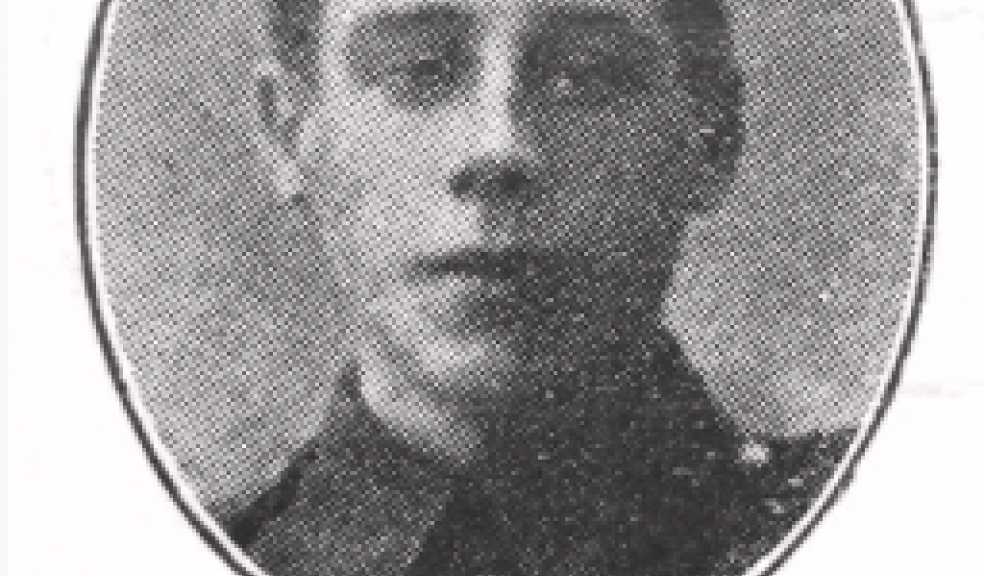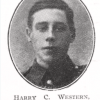
GWR honours WW1 fallen workers with specially commissioned Armistice train
Great Western Railway marked 100 years since the end of the Great War with a special ceremony to commemorate the 2,545 railway workers who were lost in battle.
The centrepiece of the ceremony at Paddington Station on Friday 9 November was the unveiling of a special Intercity Express Train featuring the names of all 2,545 men who worked for the GWR and were killed during the war.
Those being remembered worked in all areas of the company: engineers, labourers, solicitors, carriage cleaners and apprentices from across the GWR network which at the time stretched from Paddington to Penzance, and as far north as Liverpool, Manchester, Chester, Birmingham and Wolverhampton.
The train was welcomed at Paddington by the Wessex Male Voice Choir before a short ceremony which will included family members of those being remembered.
To recognise the dedication and number of lives lost, the full train was given a distinctive design, stretching along all nine carriages and including the driving cabs at either end. It included details of where each fallen employee worked for the company, their rank, regiment, where they were killed and where they are either remembered or buried.
100 names were chosen to feature pictures and more details of their story.
The train wasalso be named after two men, Flight Sub-Lieutenant Harold Day, D.S.C. and Lance-Corporal Allan Leonard Lewis, V.C.
In addition a newly commissioned Roll of Honour marking the names of the 2,545 was unveiled in a permanent location at the station.
Present for the ceremony were relatives of both Harold Day and Allan Leonard Lewis, along with relatives for four other GWR men:
- Ernest Rudd who worked at Southall and was killed on the first day of the Somme
- Edgar Norton who was at the Swindon works and was killed at the end of the Somme
- William Hannaford who worked at Plymouth and was in the Devonshire Regiment killed in 1917 the day before his younger brother was also killed
- Harry Western who worked at Exeter and was killed at the Battle of Arras. His great niece works for GWR today














